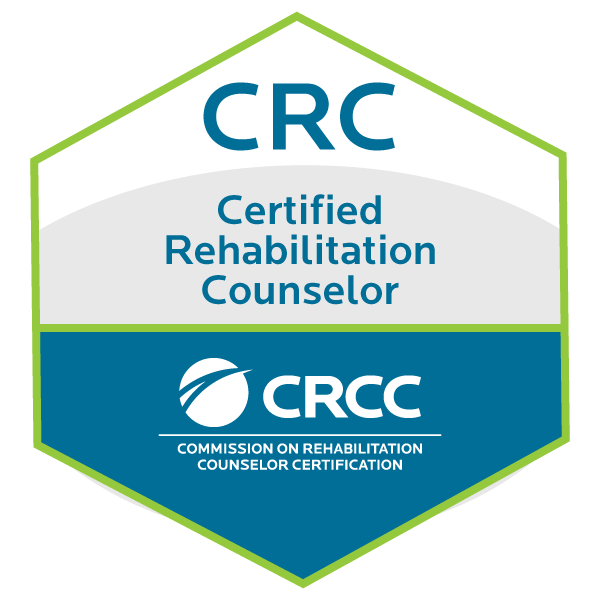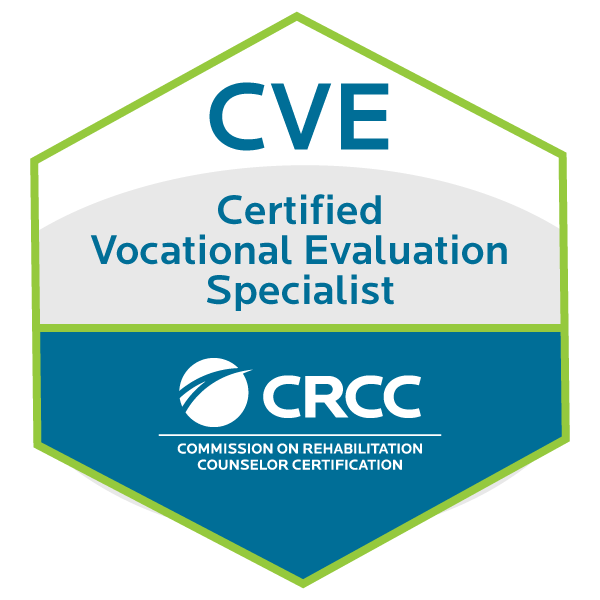Vocational Impairment
R. Brad Coffey, M.Ed., M.B.A.
Introduction:
Vocational rehabilitation evaluators that serve in litigation support are usually credentialed and experienced vocational case managers with successful careers in the insurance rehabilitation arena. Our expertise is in the assessment of persons with acquired partial disability who have barriers to suitable re-employment. Before we interview the claimant, our evaluation begins with a close examination of referral records. What are we looking for? The vocational evaluator is looking for a few fundamental documents that are the foundation of a strong written evaluation, suitable for examination at deposition or trial. Essentially, our analysis bridges the medical team’s functional capacity determination of the claimant with the financial analysis by the economist. Important to a solid vocational analysis, is the understanding of terms such as medical impairment, functional limitations and/or work restrictions, partial disability, transferable skills and earning capacity.
Essential terms:
Medical impairment is usually assessed and documented by a doctor and refers to the degree of deviation from the normal of a bodily function. It is used in workers' compensation as "impairment rating" and, in that sense, it is an administrative tool to help in the financial settlement of insurance cases. Vocational evaluators take note of impairment ratings, but such ratings do not provide a basis for determining vocational impairment.
A person’s functional capacity may be reduced by two mechanisms: Long-term functional limitations are what a person can not do as a result of serious injury or illness, and work restrictions are what a person should not do because of injury-related risk to self or others. These are quantified and documented by the doctor and/or physical therapist, from clinical measurement of the claimant.
A conceptual definition of disability by the American Medical Association is "the gap between what a person can do and what the person needs or wants to do." Partial disability refers to the ability to perform some, but not all functions of a job or class of jobs. A warehouseman who can not reach overhead due to shoulder impairment may only be able to work with lower shelves, do paperwork and/or perform forklift duties.
Transferable skills or cross-functional skills, refer to developed capacities that facilitate performance of activities that occur across jobs. Vocational evaluators analyze acquired skills to determine what jobs, if any, are suitable for persons with partial disability.
Earning capacity is a person's ability or power to earn money, given the person's talent, skills, training and experience (Black's Law Dictionary). If acquired skills are diminished by injury, this may well affect post-injury work options, advancement and earning capacity.
The role of medically-documented functional limitations and work restrictions:
Vocational rehabilitation evaluators work within work-adjustment theory going back to 1909 (Parsons), that describes the person-environment match. Workers seek satisfaction in work based on needs being met while, at the same time, employers seek and reward satisfactoriness of workers who fulfill work requirements. When worker abilities match employer requirements, a state of correspondence exists. Doctor’s functional limitations provide the evaluator with elements that inform how a worker has reduced correspondence with re-employment. Ultimately, this medical documentation provides crucial components for the determination of vocational impairment.
Transferable skills analysis:
At the end of World War II, the United States Employment Service (USES) had the important task of assisting returning veterans with re-employment into civilian jobs. Transferability refers to the continuous use of acquired knowledge and abilities when moving from one job to another. USES developed a systematic approach for recognizing transferability, based on job families. Similar skills are the basis of transferability recommendations, leading to saved training time and costs.
Elements of vocational impairment:
From our peer-reviewed literature, we apply a standardized report format that captures principle elements of vocational impairment: (1) The loss of choice that a person may experience in accessing existing positions in their labor market, is a reduction in employability; (2) the hiring practices and selection criteria of employers as well as the person's job interview skills impact a person's placeability; (3) the future work life expectancy of the person is their labor force participation; (4) the rehabilitation plan documents the restorative services which may mitigate damage to individual earning capacity, and (5) the arithmetic relationship between pre-injury and post-injury ability to earn is their diminished earning capacity. Each of these components, in combination, provides a basis for vocational impairment.
Conclusion:
Vocational impairment is not synonymous with medical impairment. Vocational rehabilitation evaluation is an individualized analysis which bridges the medical team's assessment of functional limitations with the economist's financial analysis. The skilled vocational evaluator synthesizes the diagnostic interview with records at hand, in order to develop 5 parts of vocational impairment. The fundamental tools of the vocational evaluator in litigation support are as follows: a few crucial records at the start of the evaluation; an in-person diagnostic meeting with the client; vocational testing as needed on a case-by-case basis; transferable skills analysis; understanding of the client's labor market; assessment of both career and earning patterns over the client's work life, and comprehensive, concise reporting.

"Clients find him warm, caring, understanding, intelligent, involved and dedicated to their rehabilitation needs."
— Client Comment —




